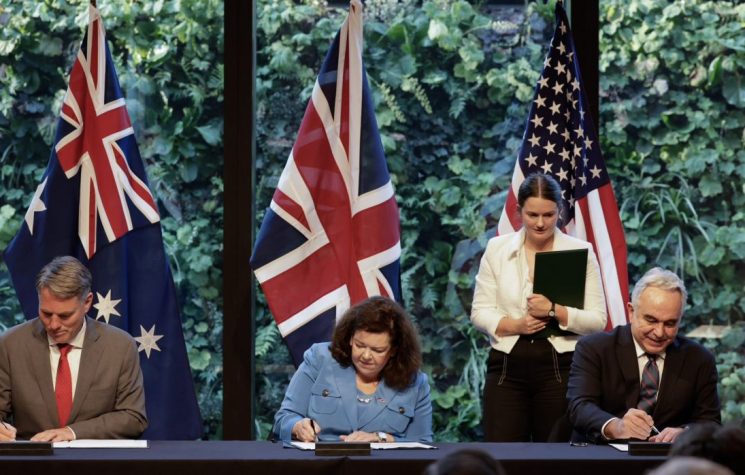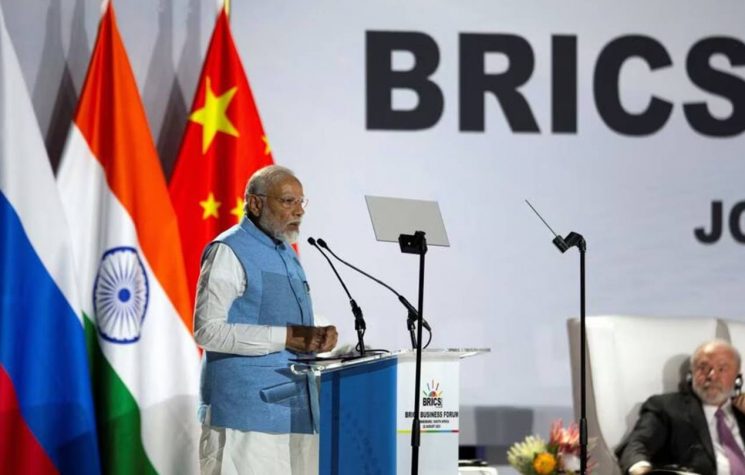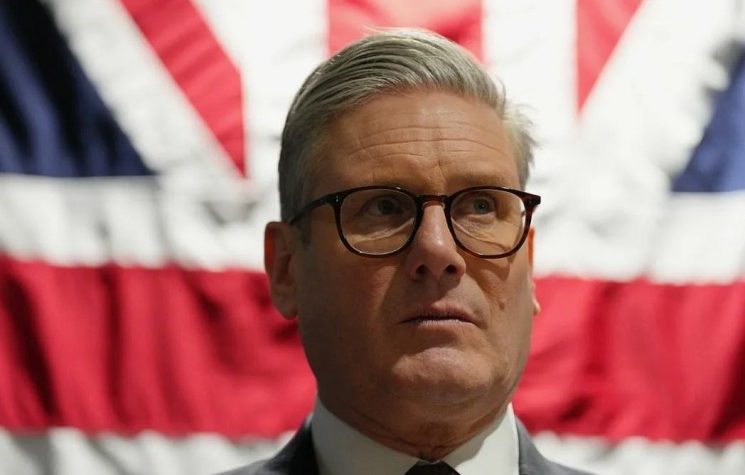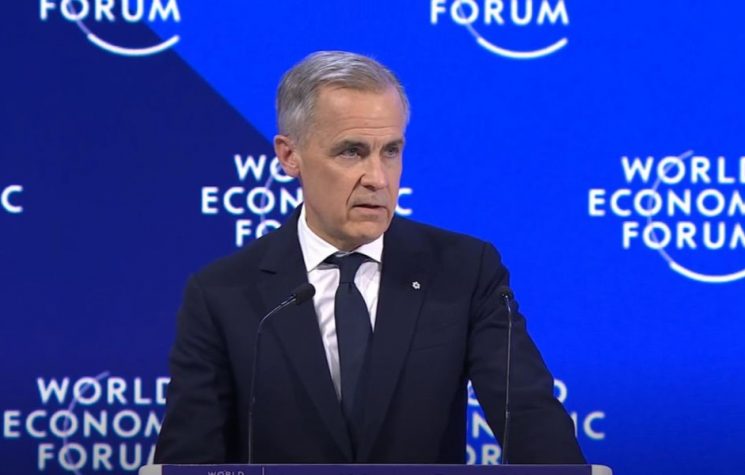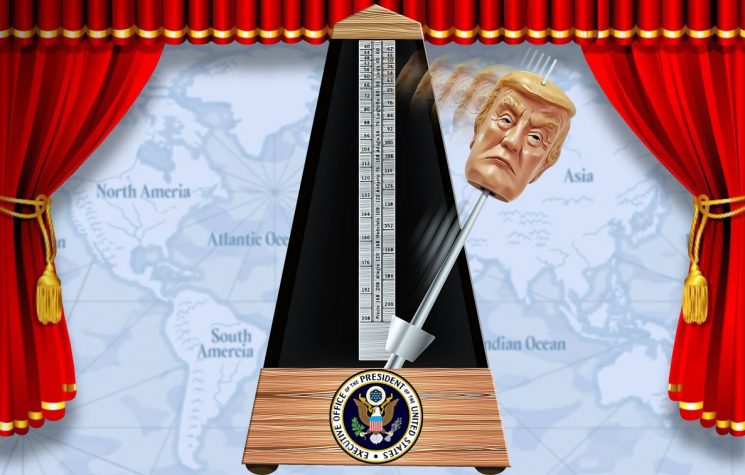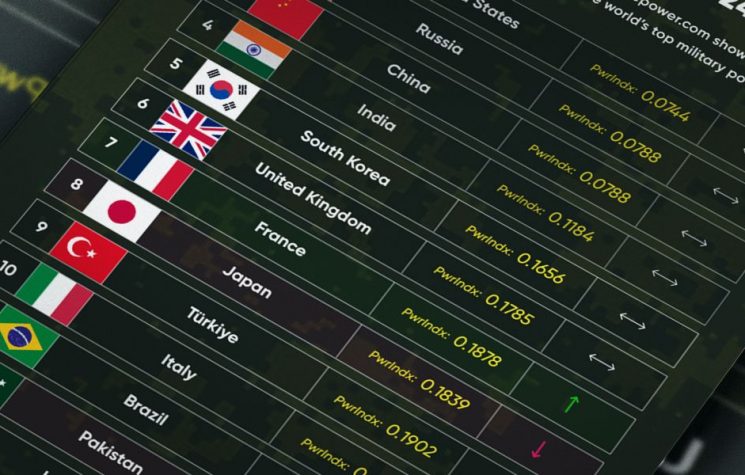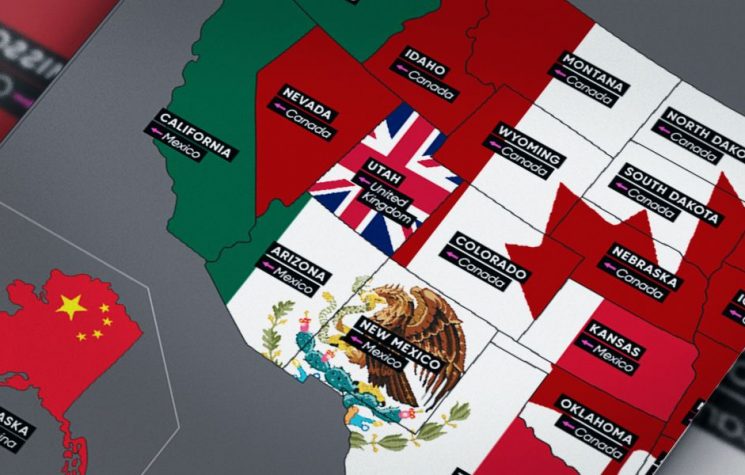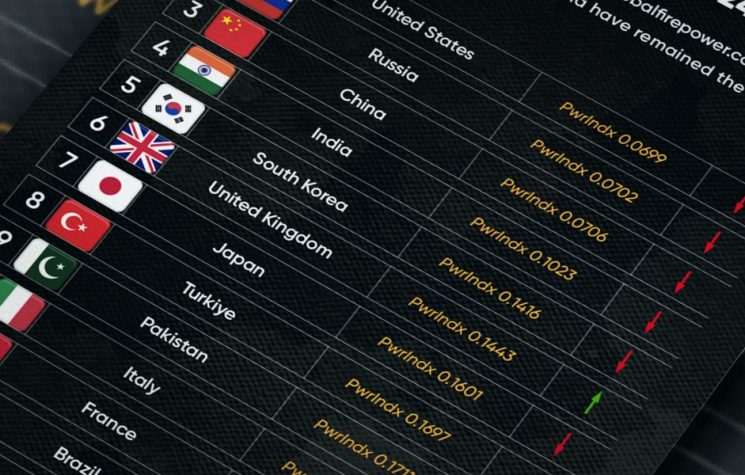The United States and its Western allies have stepped up a media campaign to accuse India of running an assassination policy targeting expatriate dissidents.
Contact us: info@strategic-culture.su
The United States and its Western allies have stepped up a media campaign to accuse India of running an assassination policy targeting expatriate dissidents.
The government of Narendra Modi, India’s prime minister, has furiously denied the allegations, saying there is no such policy.
Nevertheless, the American Biden administration as well as Canada, Britain and Australia continue to demand accountability over claims that New Delhi is engaging in “transnational repression” of spying, harassing and killing Indian opponents living in Western states.
The accusations have severely stained political relations. The most fractious example is Canada. After Premier Justin Trudeau publicly accused Indian state agents of involvement in the murder of an Indian-born Canadian citizen last year, New Delhi expelled dozens of Canadian diplomats.
Relations became further strained this month when The Washington Post published a long article purporting to substantiate claims that Indian security services were organizing assassinations of U.S. and Canadian citizens. The Post named high-level Indian intelligence chiefs in the inner circle of Prime Minister Modi. The implication is a policy of political killings is sanctioned at the very top of the Indian government.
The targets of the alleged murder program are members of the Sikh diaspora. There are large expatriate populations of Sikhs in the U.S., Canada and Britain. In recent years, there has been a renewed campaign among Sikhs for the secession of their homeland of Punjab from India. The New Delhi government views the separatist calls for a new state called Khalistan as a threat to Indian territorial integrity. The Modi government has labeled Sikh separatists as terrorists.
The Indian authorities have carried out repression of Sikhs for decades including political assassination in the Punjab territory of northern India. Many Sikhs fled to the United States and other Western states for safety and to continue their agitation for a separate nation. The Modi government has accused Western states of coddling “Sikh terrorists” and undermining Indian sovereignty.
Last June, a prominent Sikh leader was gunned down in a suburb of Vancouver in what appeared to be a professional hit-style execution. Hardeep Singh Nijjar was murdered by three assailants outside a religious temple. Indian state media described him as a terrorist, but Nijjar’s family denied he had any involvement in terrorism. They claim that he was targeted simply because he promoted Punjabi separatism.
At the same time, according to The Post report, the U.S. authorities thwarted a murder plot against a well-known American-Sikh citizen who was a colleague of the Canadian victim. Both men were coordinating efforts to hold an unofficial referendum among the Sikh diaspora in North America calling for the establishment of a new independent state of Khalistan in the Punjab region of northern India.
The Post article names Vikram Yadav, an officer in India’s state spy agency, the Research and Analysis Wing (RAW), as orchestrating the murder plots against the Sikh leaders. The Post claims that interviews with US and former Indian intelligence officials attest that the killings could not have been carried out without the sanction of Modi’s inner circle.
A seemingly curious coincidence is that within days of the murder of the Canadian Sikh leader and the attempted killing of the American colleague, President Biden was hosting Narendra Modi at the White House in a lavish state reception.
Since the summer of last year, the Biden administration has repeatedly pressured the Modi government to investigate the allegations. President Biden has personally contacted Modi about the alleged assassination policy as have his senior officials, including White House national security advisor Jake Sullivan, Secretary of State Antony Blinken and CIA director William Burns. Despite New Delhi’s denial of such a policy, the Modi government has acceded to American requests to hold an internal investigation, suggesting a tacit admission of its agents having some involvement.
But here is where an anomaly indicates an ulterior agenda. Even U.S. media have remarked on how lenient the Biden administration has been towards India over what are grave allegations. It is inconceivable that Washington would tolerate the presence of Russian or Chinese agents and diplomats on its territory if Moscow and Beijing were implicated in killing dissidents on American soil.
As The Washington Post report noted: “Last July, White House officials began holding high-level meetings to discuss ways to respond without risking a wider rupture with India, officials said. CIA Director William J. Burns and others have been deployed to confront officials in the Modi government and demand accountability. But the United States has so far imposed no expulsions, sanctions or other penalties.”
What appears to be going on is a calculated form of coercion by the United States and its Western allies. The allegations of contract killings and “transnational repression” against Sikhs in the U.S., Canada, Britain, Australia and Germany are aimed at intimidating the Indian government with further embarrassing media disclosures and Western sanctions. The U.S. State Department and the Congress have both recently highlighted claims of human rights violations by the Modi government and calls for political sanctions.
The objective, it can averred, is for Washington and its Western allies to pressure India into toeing a geopolitical line of hostility towards China and Russia.
During the Biden administration, the United States has assiduously courted India as a partner in the Asia-Pacific to confront China. India has been welcomed as a member of the U.S.-led Quad of powers, including Japan and Australia. The Quad overlaps with the U.S. security interests of the AUKUS military partnership with Britain and Australia.
Another major geopolitical prize for Washington and its allies is to drive a wedge between India and Russia.
Since the NATO proxy war blew up in Ukraine in February 2022, the United States has been continually cajoling India to condemn Russia and to abide by Western sanctions against Moscow. Despite the relentless pressure, the Modi government has spurned Western attempts to isolate Russia. Indeed, India has increased its purchase of Russian crude oil and is importing record more quantities than ever before the Ukraine conflict.
Furthermore, India is a key member of the BRICS forum and a proponent of an emerging multipolar world order that undermines U.S.-led Western hegemony.
From the viewpoint of the United States and its Western allies, India represents a tantalizing strategic prospect. With a foot in both geopolitical camps, New Delhi is sought by the West to weaken the China-Russia-BRICS axis.
This is the geopolitical context for understanding the interest of Western powers in making an issue out of allegations of political assassination by the Modi government. Washington and its Western allies want to use the allegations as a form of leverage – or blackmail – on India to comply with geopolitical objectives to confront China and Russia.
It can be anticipated that the Western powers will amplify the media campaign against India in line with exerting more hostility toward China and Russia.




























